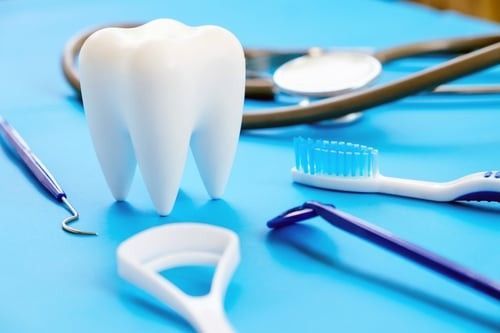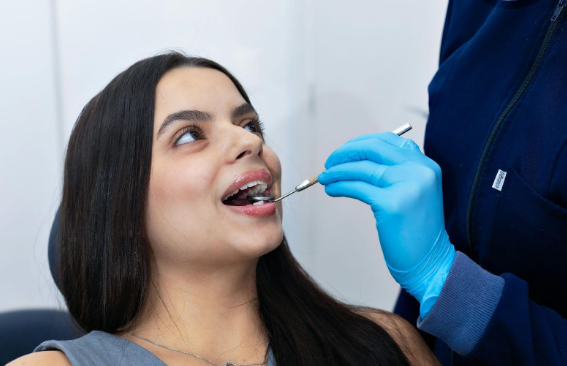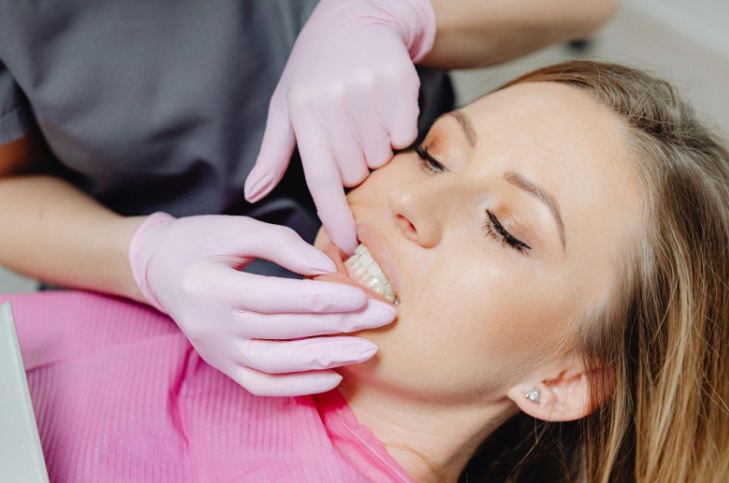The Importance of Quitting Smoking for Oral Health
The Great American Smokeout is looking for quitters—people who are ready to take the first step towards quitting tobacco products. We understand that giving up cigarettes is not an easy task. But, with motivation, time, and the right plan, you can be a successful quitter!
But why quit at all when it’s such a pleasure? Well, we’re glad you asked.
The Benefits of Quitting Tobacco
Did you know that it is never too late to enjoy the benefits of a tobacco-free lifestyle? No matter how long you’ve been smoking, quitting can significantly lower your risk of heart disease, stroke, and cancer. Though quitting at any age can extend your life and improve your health, the younger you are when you stop, the more risks you can avoid.
When you cease to use tobacco products, your circulation improves almost immediately. Your lung function also increases, allowing you to breathe easier. Additionally, the risk of developing emphysema or lung cancer and heart diseases reduces dramatically. And that’s not even the best part! By quitting, you not only protect your own health but also reduce the negative effects of passive smoking on your loved ones.
Believe it or not—there are even more pros to being a quitter!
Smoking and Oral Health
While we are all aware of the connection between smoking and lung cancer, not many people know about the various dental health problems caused by excessive tobacco use.
According to the American Cancer Society, 9 out of 10 people with mouth, lips, tongue, or throat cancer use tobacco products. Schedule an appointment with your dentist in Clarksville, Tennessee, as your first line of defense against oral cancer. The Patriot Family Dental team will screen you for oral cancer during your routine exams. After all, early detection is key to successful treatment and improves your chances of survival.
In addition to mouth, tongue, soft palate, and throat cancer, the use of tobacco products like cigarettes, cigars, snuff, chewing tobacco, pipe smoking, and even smokeless products increases your risk of several other oral health issues, including:
● Bone Loss within the Jaw
● Increased Plaque and Tartar buildup on the Teeth
● Gum Disease, a Leading Cause of Tooth Loss
● Impaired Blood Flow to the Gums which Delays Healing after Tooth Extraction
● Decreased Success Rate of Dental Implant Procedures
If you’re still not convinced to give up smoking, remember, quitting not only reduces the risk of premature death but can also add as much as ten years to life expectancy. Clearly, quitters live long and prosper!
Giving up tobacco can be a long and challenging journey—but it is a process that’s worth the effort. So, take that step and make today the first day of your new and improved smoke-free life. Being a quitter is also the best way to protect your family, friends, neighbors, co-workers, acquaintances, and others from the harmful effects of secondhand smoking.
To give yourself the best chance at quitting and remaining smoke-free, you need to know more about what you’re fighting against, the tools and options available to help you succeed, and where you can go for help.
How to Quit Smoking
We’ve all heard the saying, “Winners never quit, and quitters never win.” This could not be further from the truth when it comes to smoking. It takes great courage, self-awareness, perseverance, and motivation to say no to a substance as addictive as tobacco.
A vital step in saying no to tobacco is understanding what makes it so addictive. Nicotine, a highly addictive drug found in tobacco, is the main reason people find it hard to stop smoking even if they want to. Cigarettes are designed to deliver nicotine quickly to the brain, making it harder for people to quit.
According to the CDC, around 70% of current smokers report wanting to quit tobacco, but this takes time and effort. You don’t have to quit smoking “cold turkey.” Quitting is a long process and can take several attempts—but, you need to be patient. Remember, Rome was not built in a day!
When trying to quit smoking, do not turn to e-cigarettes. Substituting one addiction for another is not the answer. E-cigarettes are not FDA-approved and will expose you to some of the same chemicals found in combustible cigarette smoke.
Various safe and proven FDA-approved products can help you quit smoking. You can talk to your dentist or healthcare provider to find the treatment that meets your individual needs. Some of your options include:
● Smoking Medications
● Patches
● Nasal Sprays
● Inhalers
● Lozenges
● Non-Nicotine Medications
● In-Person or Online Support Groups and Smoking Cessation Classes
What You Can Expect
The first 7 to 10 days after quitting are the most difficult. You may feel some discomfort as the nicotine leaves your body. This is why most people relapse within the first two weeks of quitting.
It is always best to consult your healthcare provider about the symptoms of nicotine withdrawal and how you can tackle them as you move forward. When you stop using tobacco products, you will initially experience temporary depression, disturbed sleep, irritability, anxiety, difficulty concentrating, and an increase in appetite. Though these symptoms can be extremely uncomfortable, they only last a few weeks.
Most smokers who decide to quit find that certain places, occasions, and behaviors like drinking coffee can bring back the urge to smoke again. Being aware of these triggers and finding alternative ways to address the urges can prevent relapses.
With every attempt to quit tobacco, you learn new techniques to implement next time you try. Each failure brings you one step closer to being a successful quitter and former smoker. So, never give up on your journey towards becoming a quitter.
No amount of smoking is risk-free. But, if you have the desire to quit, there are several resources that can aid you in your quest to remove tobacco from your life. So, what are you waiting for? Become a quitter today!
Contact Patriot Family Dental for your oral cancer screening. Schedule your appointment today by calling 931-645-2469.











